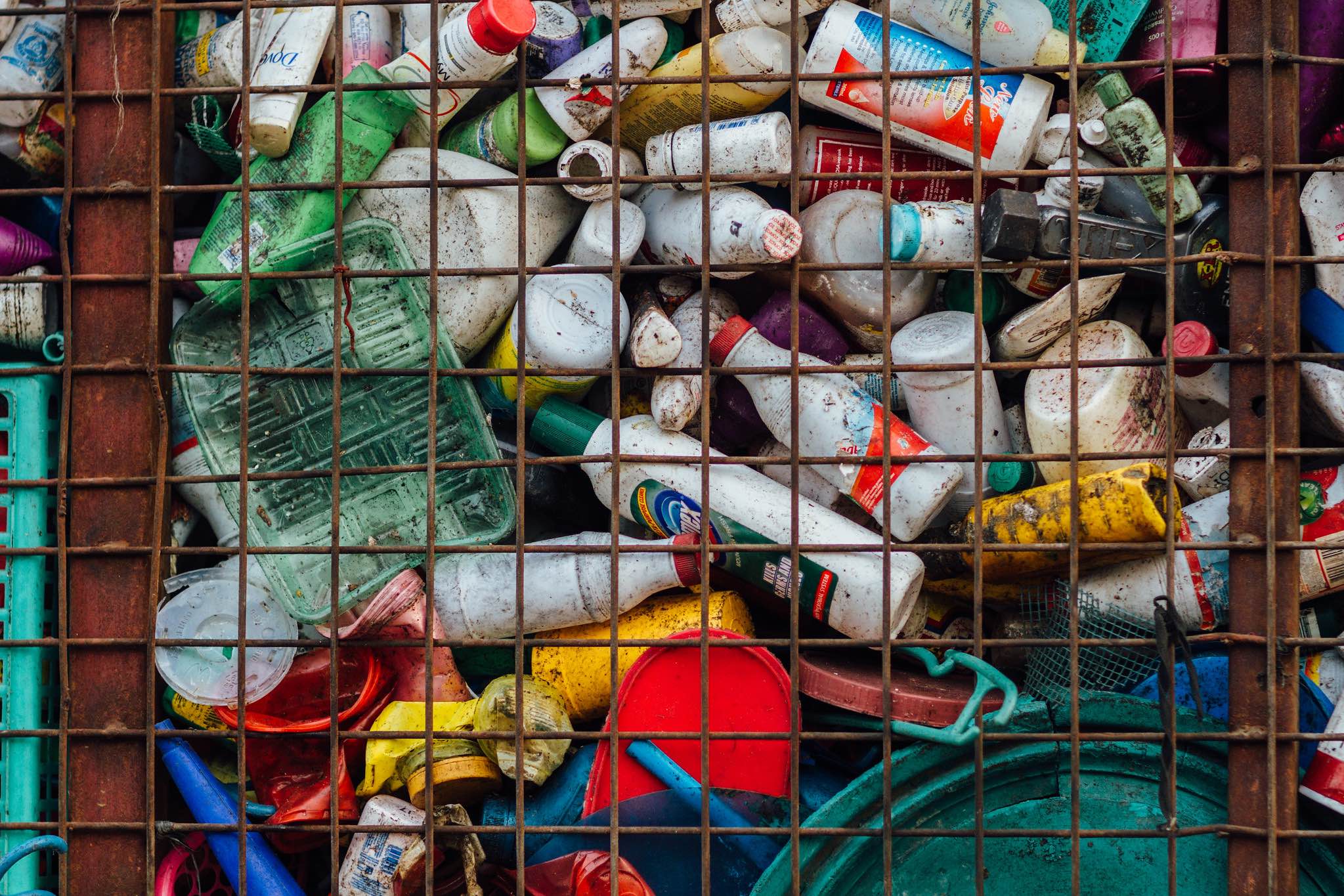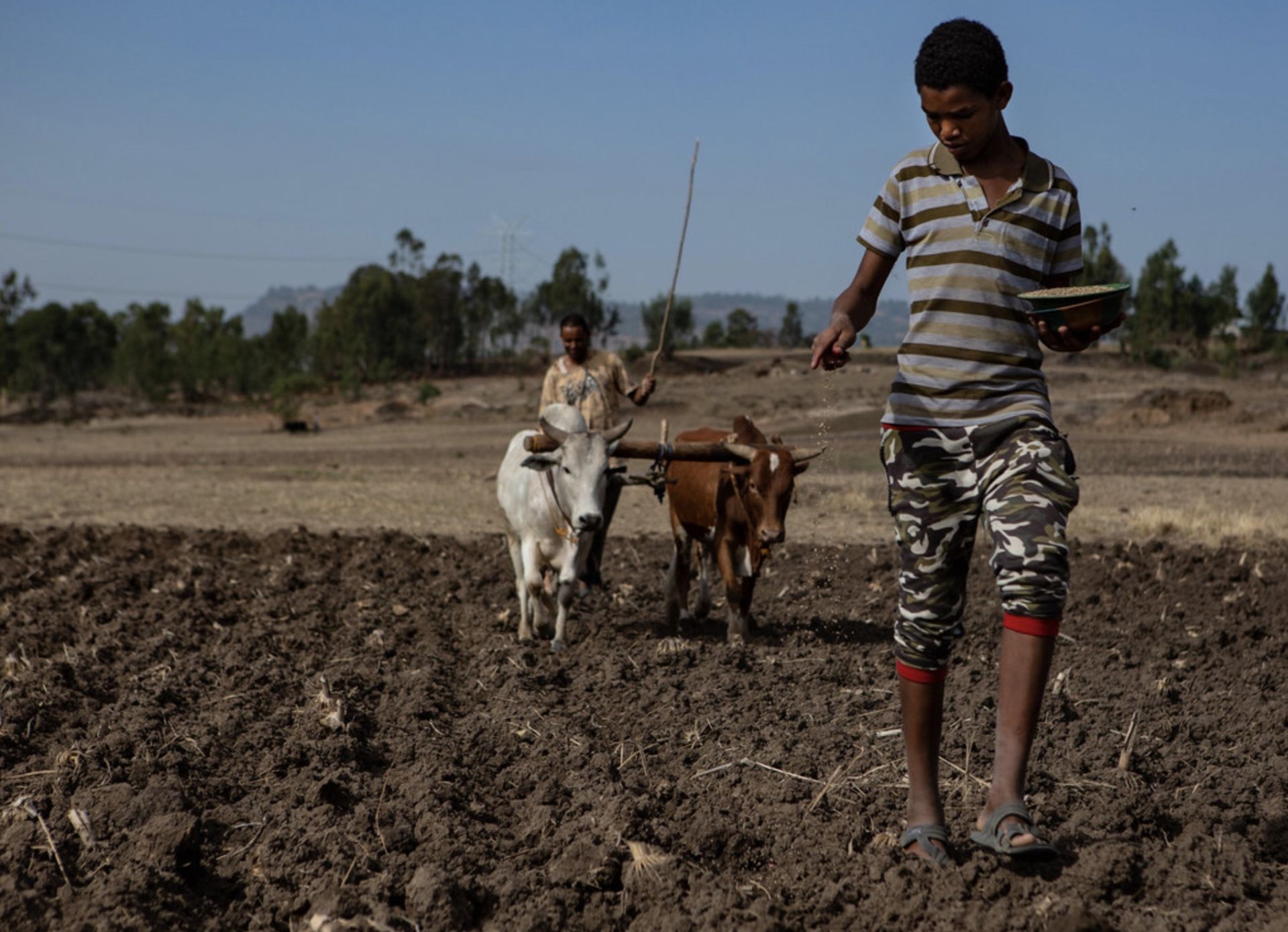A whopping 8 million tons of plastic winds up in the ocean each year, endangering wildlife and polluting ecosystems. This number is expected to grow — a recent report from Pew Charitable Trust suggests that without improvements to waste management, 90 million tons of plastic could enter the world’s aquatic ecosystems by 2030. Plastics have even been found in people’s bodies and in the air.
The problem has only worsened during the COVID-19 pandemic. In addition to the necessary increase of single-use plastics for personal protective equipment (PPE) like face masks and shields, some governments and businesses have delayed or scrapped plastic bags and packaging bans. Prior to the COVID-19 pandemic, WRI and UNEP found that more than 100 countries regulated single-use plastic bags.
Since the pandemic, 50 U.S. cities moved away from plastic regulation. In December, the city of Vancouver, Canada postponed fees for disposable cups and its ban on plastic shopping bags for more than one year. Starbucks and Dunkin’ put on hold the use of reusable containers. And some recycling programs were shelved in the United States and European Union because of budget cuts due to the pandemic.
While the increased use of plastic is necessary to fight the pandemic, particularly for PPE, countries need to ensure these emergency changes do not derail long-term progress on the passage of laws aimed at reducing plastic pollution. If countries want to build back better after COVID-19, legislative reform on curbing plastic waste is an essential part of the agenda.
A new legislative guide launched today by UNEP and WRI digs deep into how the law can be used to tackle plastic pollution and support a circular plastics economy.
Policy shifts can reduce plastic pollution by incentivizing changes in both business and consumer behavior, as well as in plastic design, alternatives and recycling. Here are four policy and legal approaches from UNEP and WRI’s guide that countries can use to reduce their plastic waste permanently:
1. Single-use Plastic Bans
Bans and restrictions on single-use plastic products (that directly prohibit their production, distribution or use) are some of the most widely used and successful legal mechanisms by governments. Some of their success has been due to the flexibility of ban legislation in allowing for exemptions for medical products and other necessary use while promoting the use of alternative products like cloth or paper bags.
- The Marshall Islands, for instance, in 2016 instituted a ban on the importation, manufacture, sale or distribution of Styrofoam cups and plates; disposable plastic cups and plates; and plastic shopping bags while promoting recycled paper bags and reusable bags. It has been promoted as one of the models to follow around the world.
- Panama created a ban on plastic bags in 2018, which came into effect in 2020, but exempted lightweight or thin plastic bags for food handling and safety.
The guide also outlines potential unintended consequences that lawmakers must be aware of when enacting and enforcing bans.
- In the Northern Territory of Australia, a ban on thin plastic bags in 2011 was linked to an increase in the sales of thicker bags, as well as increased littering of those thicker plastic bags.
- Plastic bag alternatives may also have higher carbon footprints, be difficult to compost or release microplastics into the environment.
2. Taxes and Economic Incentives
Governments can also impose taxes to deter the production or use of single-use plastics, or offer tax breaks, subsidies and other fiscal incentives to encourage alternatives to single-use plastic products.
- In 2015 Portugal included a tax on producers of €0.10 (around $0.12) per bag for certain sizes of plastic bags. Four months later, the consumption of these bags decreased by 74%.
- Similarly, Denmark introduced weight-based packaging tax charges in 1999 (amended more recently). Different rates apply to different plastic packaging materials, with the lowest rate for recycled plastics and the highest rate for primary plastics. After the introduction of the tax on carrier bags Denmark’s reduction in paper and plastic used is estimated to be around 70%.
Portugal and Denmark have used these economic instruments effectively to increase the use of reusable and recycled products, respectively. Taxes and incentives can apply to particular businesses (such as supermarkets or plastic producers) or particular products (like plastic coffee cup lids or soda bottles).
Related Articles: Curbing the Plastic Pollution Pandemic | Cleansing Our Oceans From Our Plastic Sins
Governments can also use economic incentives to encourage manufacturers to adopt alternatives to plastic (such as using sugar cane to create plastic bags) or to create revenue that can fund plastic waste clean-up efforts.
3. Product Standards
Product standards, certifications and labeling requirements can be designed to educate the public on the environmental impacts of plastic, and on the health and safety hazards involved in their production and use. Legislation on single-use plastic products can set standards on material composition, reusability, recoverability (to ensure the product can be recycled), biodegradability and ensuring products can be composted. This approach can support consumer choice of sustainable products.
- In the United States, manufacturers and suppliers of the packaging must give their purchasers a certificate of compliance, stating that their packaging does not exceed permissible concentrations of regulated heavy metals due to recycled content.
- The European Union has rules on the manufacture and composition of packaging to ensure it is “limited to the minimum adequate amount needed to maintain the necessary level of safety, hygiene, and acceptance.” Requiring that packaging must be designed and produced in safe, thoughtful and sustainable ways can limit the production and use of harmful plastics.
4. Extended Producer Responsibility
Extended Producer Responsibility (EPR) programs can ensure that manufacturers maintain responsibility for single-use plastic products throughout the whole life cycles of those products. These legislative tools can guarantee more sustainable designs by holding manufacturers responsible for single-use plastics throughout the collection, recovery, recycling or reuse of their products.
- In Germany, for example, an EPR system adopted in 1991 required that a license fee is paid based upon the amount and type of packaging introduced into the marketplace by producers annually. Between 1991 and 1998 the ordinance resulted in an estimated waste reduction of 1 million tonnes. New packaging legislation passed in 2019 in Germany also supporting EPR includes a Central Packaging Registry, increased recycling targets for all plastics, and monetary incentives to be paid for ecological packaging.
- In Finland, under the EPR scheme all packagers of products, or importers of packaged products regarded as producers, are legally responsible for organizing a collection and recycling system for the plastic packaging waste entering the markets. In 2016, the return rate for PET was 92%.
There Is No Silver Bullet to Curbing Plastic Pollution
There is no silver bullet to solving the world’s plastic problem. It will require governments at both the national and sub-national levels to tackle the regulation of single-use plastic products, determining what policy approaches they want to use and what type of legislation will support their objectives.
There are challenges ahead: a lack of investment and support for the recycling industry to make it competitive, increased production of virgin single-use plastic, and minimal producer responsibility in many countries outside of the EU. There is also no global legal framework to facilitate collective action from multiple countries, no common agreement on which plastics should be phased out, and pressure from plastic manufacturers on lawmakers not to advance on legislation. But to advance action, we need to be deliberate in adopting multi-pronged solutions.
Legislators must consider and adopt different, complementary approaches to be most effective, including bans and restrictions, economic instruments, information standards and labeling, and extended producer responsibility including reuse, recycling and deposit-refund schemes. Supplementary efforts that support these approaches are also essential, like consumer education programs, public procurement requirements, investment in waste management infrastructure and public-private partnerships.
The coronavirus pandemic has revealed the importance of the short-term use of plastic to curb outbreaks and help people feel safe. But there is no time to have a slow reckoning on the long-term issue of plastic waste. We need increased ambition and innovation by governments, companies and civil society, as well as the thoughtful adoption of a variety of preventative policy and legislative measures to address the scale of the problem.
— —
About the Author: Carole Excell is the Director of World Resources Institute’s Environmental Democracy Practice and the Project Director for The Access Initiative, working on access to information, public participation and access to justice issues around the world.
Editor’s Note: The opinions expressed here by Impakter.com columnists are their own, not those of Impakter.com — In the Featured Photo: Plastic Recycling, Tondo Landfill, Philippines. — Featured Photo Credit: Adam Cohn












